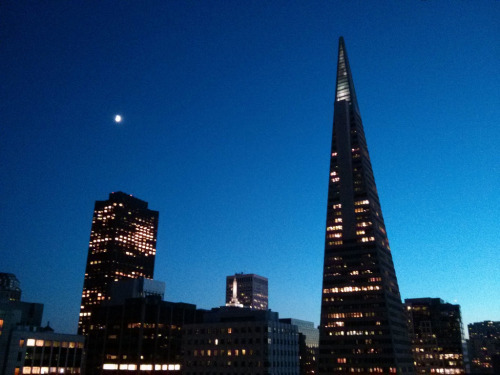test
test rss

test rss

This week mostly featured Labor day. We drove a lot of the way down Highway 1 to Hearst Castle, with visits to Santa Cruz, Carmel Valley and Monterey over 3 days.
Saw much wildlife, including a heron, scrawny squirrels, sea lions and seals, a whale off the coast, free roaming zebras (left over from Hearst’s menagerie) and an actual real life gigantic (I was nearly sick) tarantula.
Pitch black driving along unmarked mountain roads to reach the lodge in Carmel Valley on Sunday was almost as terrifying as the spider.
Walked ~24 miles.

Got re-acquainted with the Mission, in particular Valencia (our new street). Lovely brunch and amble with Mr Ward on Sunday.
Seen a lot of lovely furniture and learnt something about hardwood floors.
Did a little freelance work for the FT.
Walked ~27 miles.

Had my first ever twinkie. I won’t be having another - it was sort of gross and sticky damp.
Went to my first house-party as a San Francisco resident. Spent most of it talking to an Australian who mostly wanted to learn to replicate my accent and discussing the amazing, massive, avocado tree outside (always in fruit).
Met someone nice from Stripe at a coffee shop in the Mission. I got sunburnt and a caffeine hangover.
Offer on last weeks house did not go through. Luckily, an offer we put in on a house we preferred was accepted, so we’re now in escrow and finalising that sale. I am busy selecting wall colours and have finally found a reason for using pinterest. Turns out I am one of those kinds of people.
Walked ~27 miles.

Obtained an electric kettle, so tea making has resumed at a more reasonable pace. Missing UK voltages, however.
Viewed 12 more flats. Offered on one.
Visited Twitter HQ to catch up with the British ex-pats there. They have a very sunny roof.
Alex and Emil did somewhat drunk cooking at our corp flat. There was blood.
Have a US bank account and a social security card.
Walked ~21 miles.